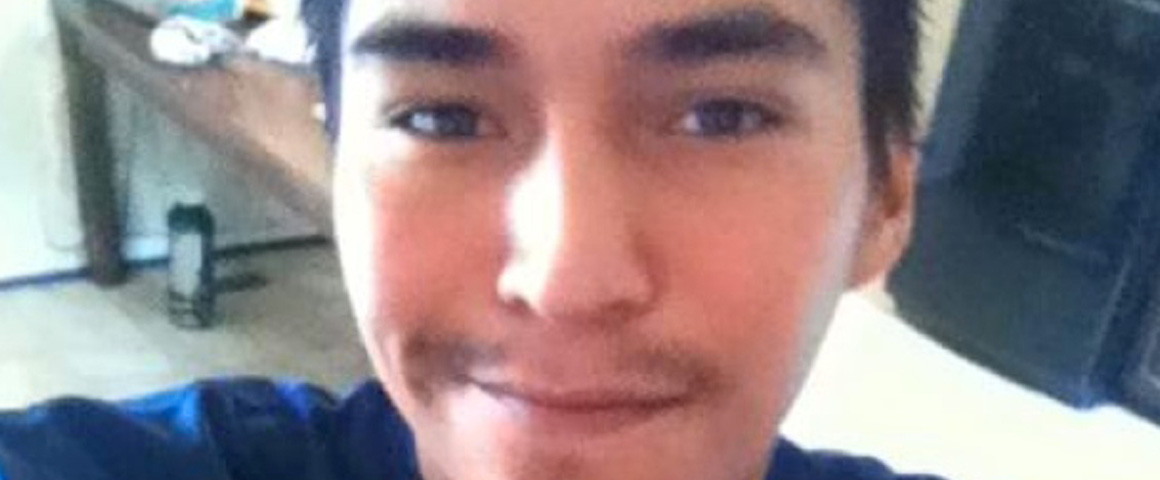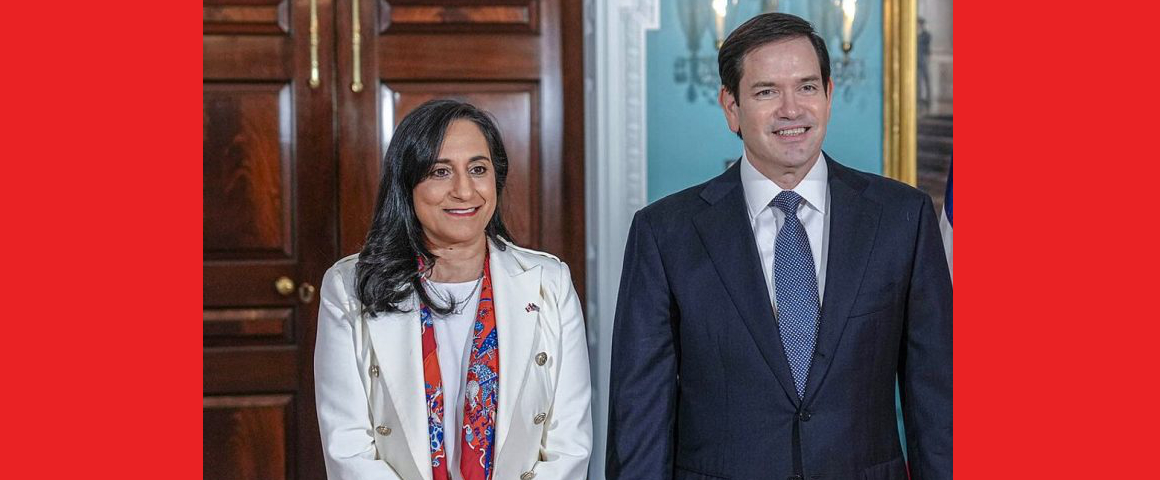The August 9 shooting death of Colten Boushie, a resident of the Red Pheasant reserve in northern Saskatchewan, could be seen as a tragic metaphor for the centuries-long history of anti-indigenous racism in Canada. Gerald Stanley, the farmer who killed Boushie, faces a second-degree murder charge, but the province is the scene of a much larger debate, reflecting the huge gap in incomes and living standards between indigenous and non-indigenous peoples, and many other measures of inequality.
Recent details about the killing of Colten Boushie were reported by the Globe and Mail’s Joe Friesen, based on police documents and interviews with the families involved in this case.
Unfortunately, until recent years it has been relatively rare for the mainstream media in Canada to pay serious attention to the voices of First Nations people. But Friesen’s article about the events that fateful day from the perspective of Boushie’s family is powerful writing. He describes how a flash of headlights in the darkness drew Debbie Baptiste to a window, as she saw a convoy of police vehicles driving along the dirt road that runs through Red Pheasant Reserve. When the cars pulled into her yard she immediately feared for her son Colten, who was late getting home. To Baptiste, Colten was “the baby of the family, the one who normally stayed close”.
As anyone familiar with Canadian history knows, what happened next was sickeningly common. While four uniformed RCMP officers approached the family trailer, others stood watch outside, weapons drawn and scanning the property. Witnesses say the police were “prepared for trouble.” The officers entered the home, searched each room with flashlights, and accused Baptiste of having been drinking.
And there you have it. Why should the RCMP officers have been “prepared for trouble?” Because the RCMP was actually founded on the ideology that “Indians are trouble.” The force was created shortly after Canadian confederation, with the mandate to help subdue the First Nations and Metis peoples while a massive influx of European settlers began to arrive. Unfair treaties were signed, the enormous buffalo herds were slaughtered (mainly south of the 49th parallel by US soldiers), and the vast prairies of Alberta, Saskatchewan and Manitoba were turned over to the production of grain and cattle. The RCMP was the main armed body of the Canadian state responsible for ensuring that the victims of this process remained on their reservations, barred from organizing resistance movements or even holding meetings. For over a century, the RCMP was the enforcer of racist colonialism in western Canada, and the Indians were the de facto enemy.
So it’s not surprising that when the RCMP arrived at the home of a young man shot by a white farmer, their attitude was that they were now in hostile territory. Did they act in the same fashion at the farm where Boushie was killed? Of course not, even though the only armed person in this case lived on that farm.
The rest of Friesen’s account is utterly heartbreaking. “Ms. Baptiste couldn’t comprehend what she was hearing. Colten was the gentle one, the optimist, the one who persevered when his crippled arm briefly prevented him from working. He was a ceremonial fire keeper whose certificates of good citizenship she’d kept in a folder since he was five. She let out a scream so urgent and anguished that those who heard it recall it with a shudder. She fell to her knees right there on the porch…”
The RCMP have not provided a detailed response to the complaints raised by Colten’s family, saying only that “full details will be released through court proceedings.”
A preliminary hearing to determine whether there is sufficient evidence to put Gerald Stanley on trial is set for January. Among some white farmers in Saskatchewan (and certainly not all – it would be wrong to stereotype farmers as “racist rednecks”), there is an attitude that they have the “right” to use armed force to prevent anyone not invited from entering their property. Stanley’s supporters claim that Boushie and his friends were trying to steal vehicles. Fearing racist bias, the dead man’s family have launched a petition demanding an out-of-province lead investigator and Crown prosecutor. We shall see what happens with the court case in these tense circumstances.
But there will be no case brought against the RCMP officers who mistreated the family of Colten Boushie, displaying the racist attitudes of an occupying colonial army. And that is perhaps the most terrible thing about this case: it reflects the real “Canadian values” which are widely accepted as the norm in our society.
(An earlier version of this commentary appeared in Radical Desi magazine.)




